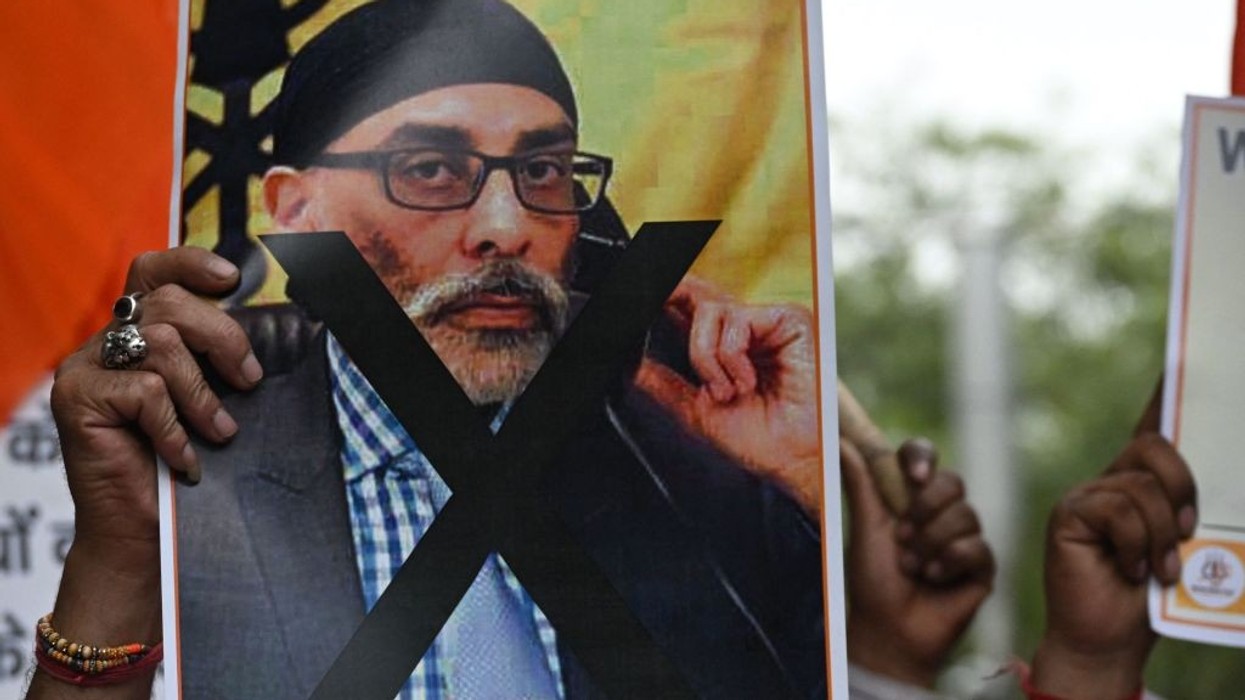US President Donald Trump has again claimed that his administration halted seven wars within as many months, including the ongoing Russia-Ukraine conflict. Speaking at the White House, Trump described his foreign policy record as unmatched in recent American history, asserting, “Nobody has done what we did in 7 months. We stopped 7 wars. Russia-Ukraine, which I thought would probably be the easiest, was the most difficult.” He went on to mention that some of these conflicts had persisted for over three decades and insisted his diplomatic efforts resolved them “within hours” in some cases.
Trump expanded on these claims, referencing a variety of international disputes. Among the conflicts he cites are the Armenia-Azerbaijan tensions, Israel-Iran hostilities, the long-standing standoff between Rwanda and the Democratic Republic of Congo, Thailand-Cambodia border skirmishes, and the India-Pakistan standoff. In some instances, Trump claims trade pressure and US-brokered talks led to de-escalation and agreements, though many regional experts dispute the depth or durability of these peaceful outcomes.
One particularly notable claim is Trump’s assertion that his administration played a pivotal role in ceasing hostilities between India and Pakistan. Trump specifically references “Operation Sindoor” as a flashpoint where, according to him, American intervention and strategic tariffs defused a situation that could have escalated to nuclear conflict. However, Indian officials, including Prime Minister Narendra Modi, have publicly refuted this narrative, stating that no world leader asked India to pause the operation, and that the ceasefire was a result of direct talks and mutual decisions between India and Pakistan rather than any outside pressure.
Regarding Russia and Ukraine, Trump characterized the war as the “most difficult” to resolve, despite his earlier optimism that personal relationships with Presidents Putin and Zelensky would help facilitate peace. He referenced the Alaska summit in August as a significant diplomatic effort, but acknowledged that no formal agreement had yet been reached, reinforcing the complexity of this particular conflict.
Trump’s repeated public statements about ending wars have been met with skepticism both domestically and abroad. Analysts note that while he may have contributed to temporary ceasefires and reduced tensions in some regions, many of the underlying issues fueling these disputes remain unresolved, and in several cases, hostilities have reignited. Critics question the actual extent of US intervention in some conflicts Trump referenced, as several peace agreements were already underway or heavily brokered by regional actors and international agencies.
Despite these disputes, Trump continues to frame his foreign policy as peacemaker-in-chief, with White House officials emphasizing unprecedented progress and hinting that he should be considered for honors such as the Nobel Peace Prize. His rhetoric remains a core component of his campaign messaging and public image going into the latter part of his second term.
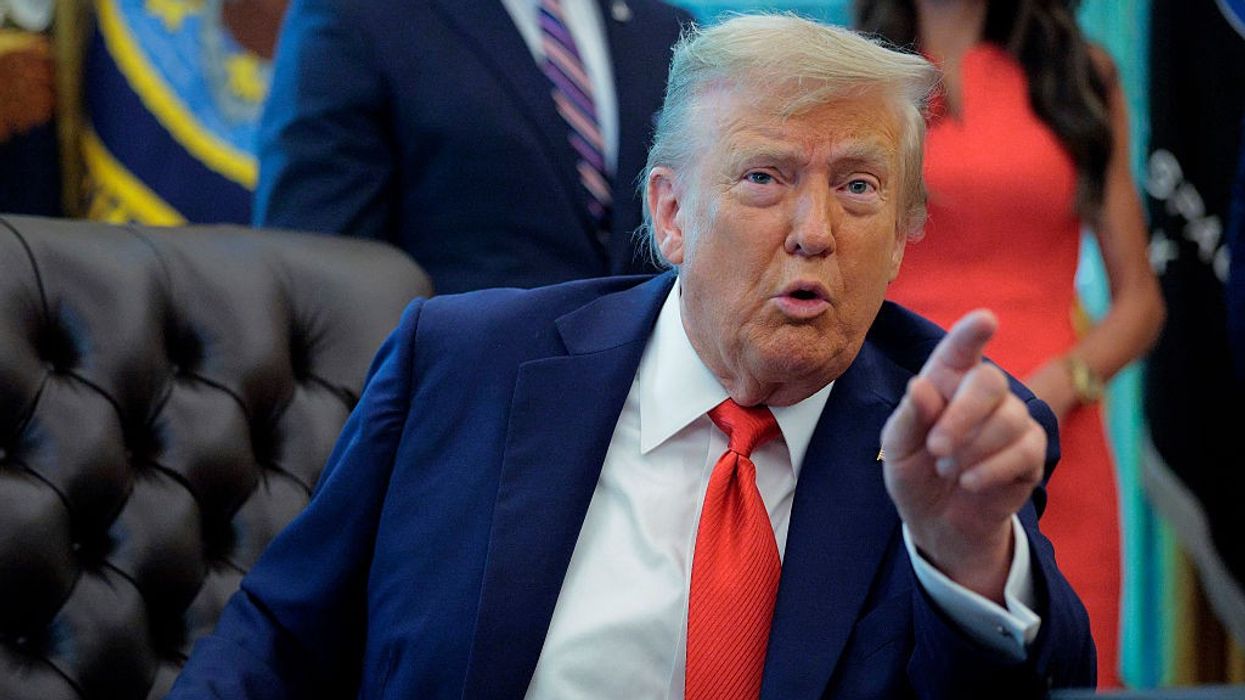

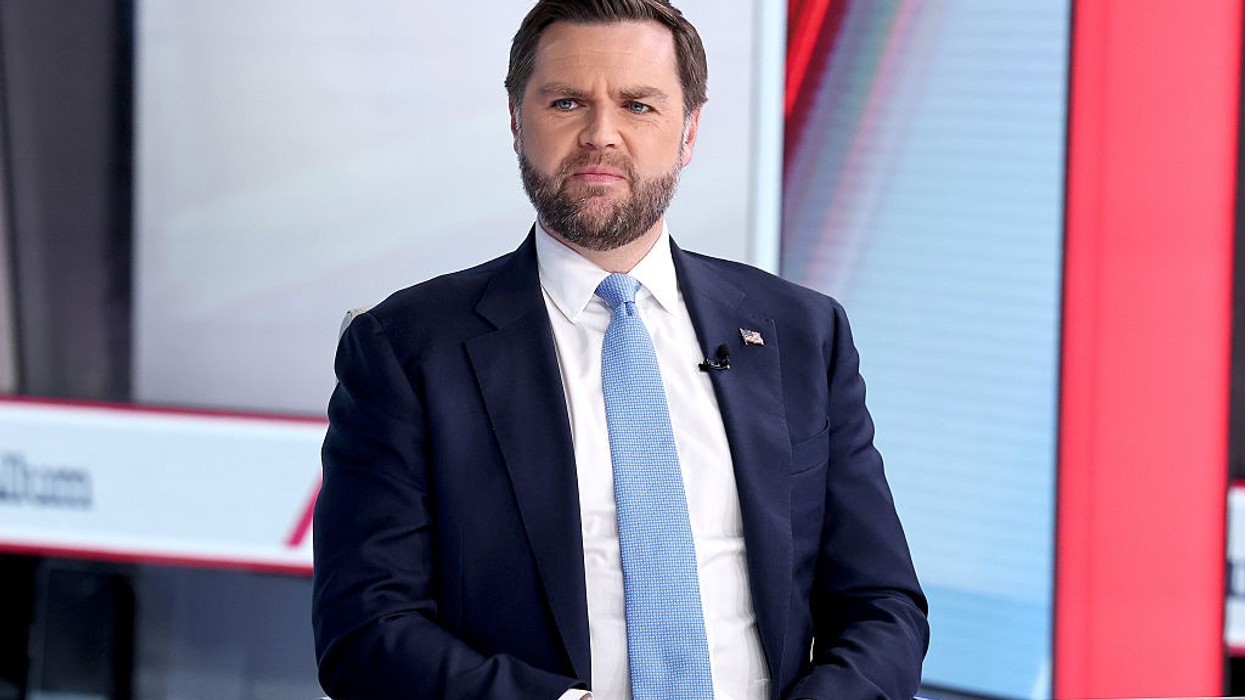

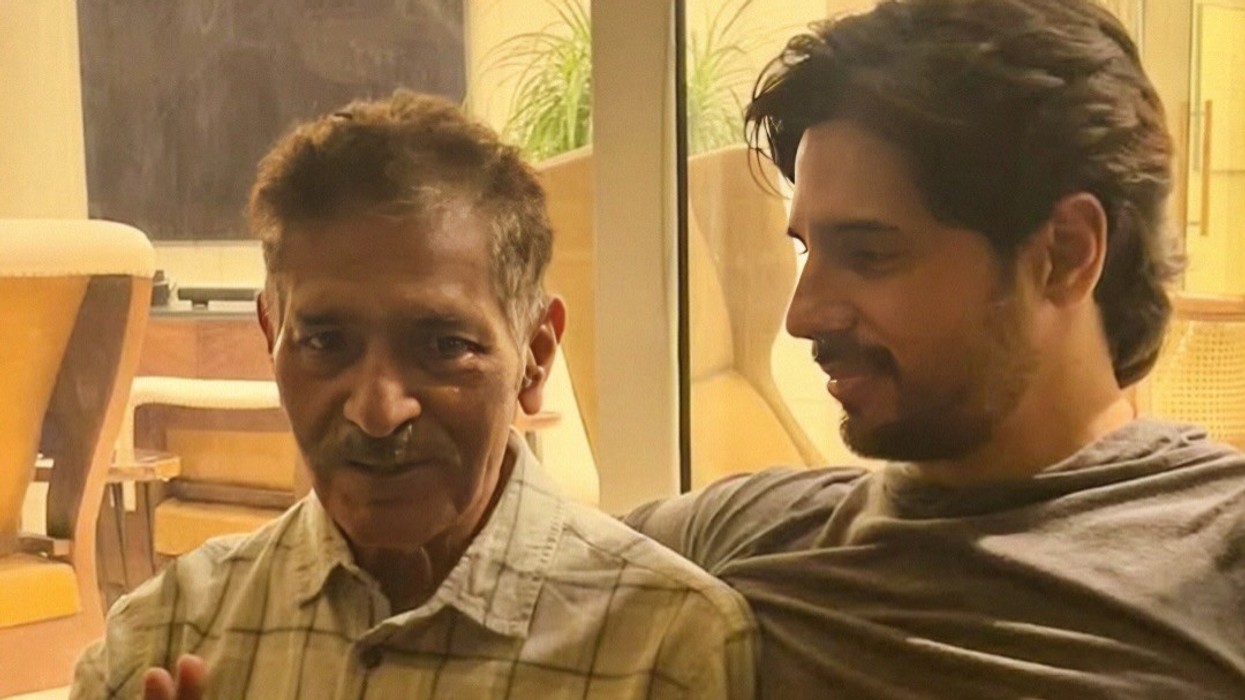
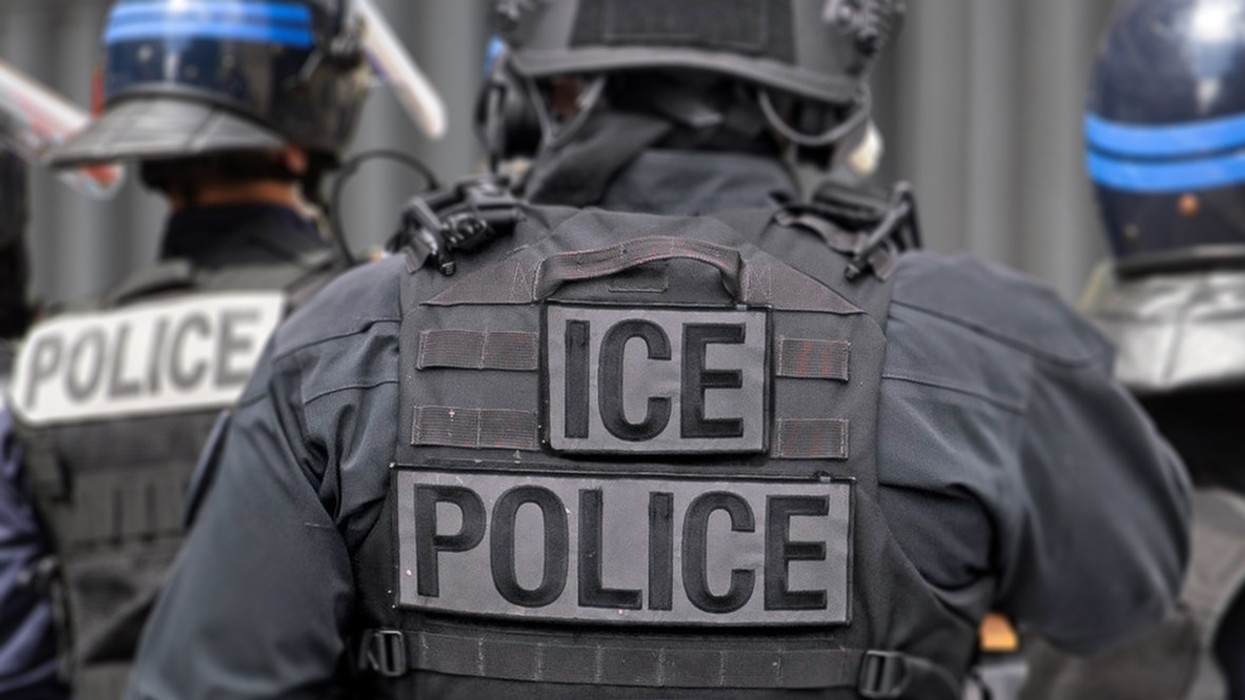
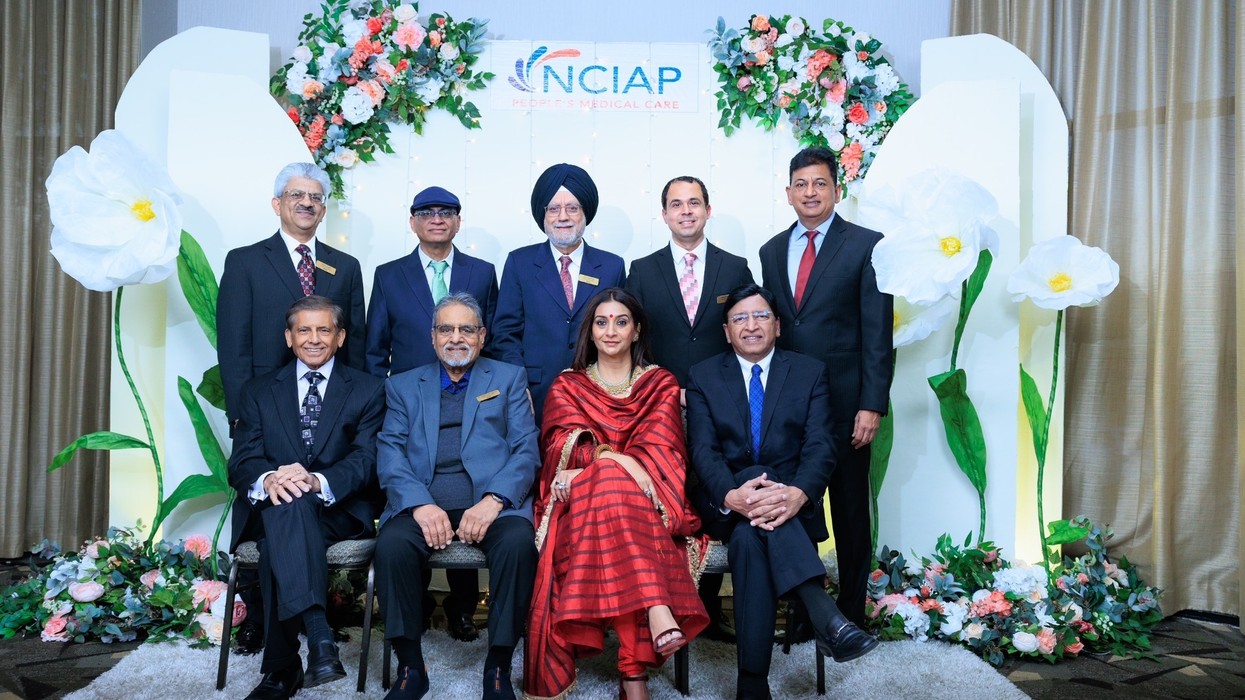
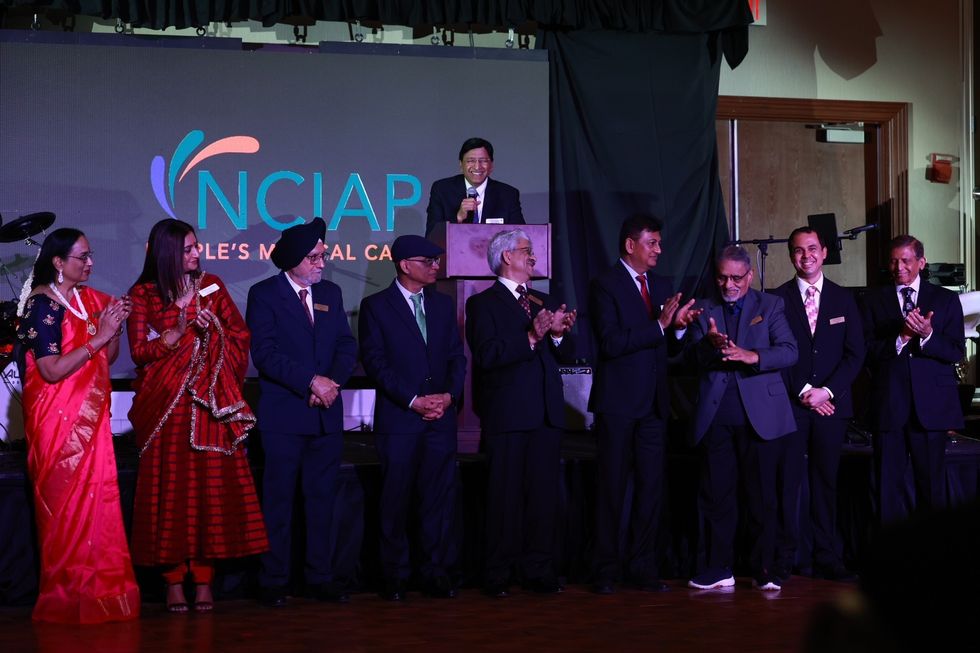 NCIAP
NCIAP




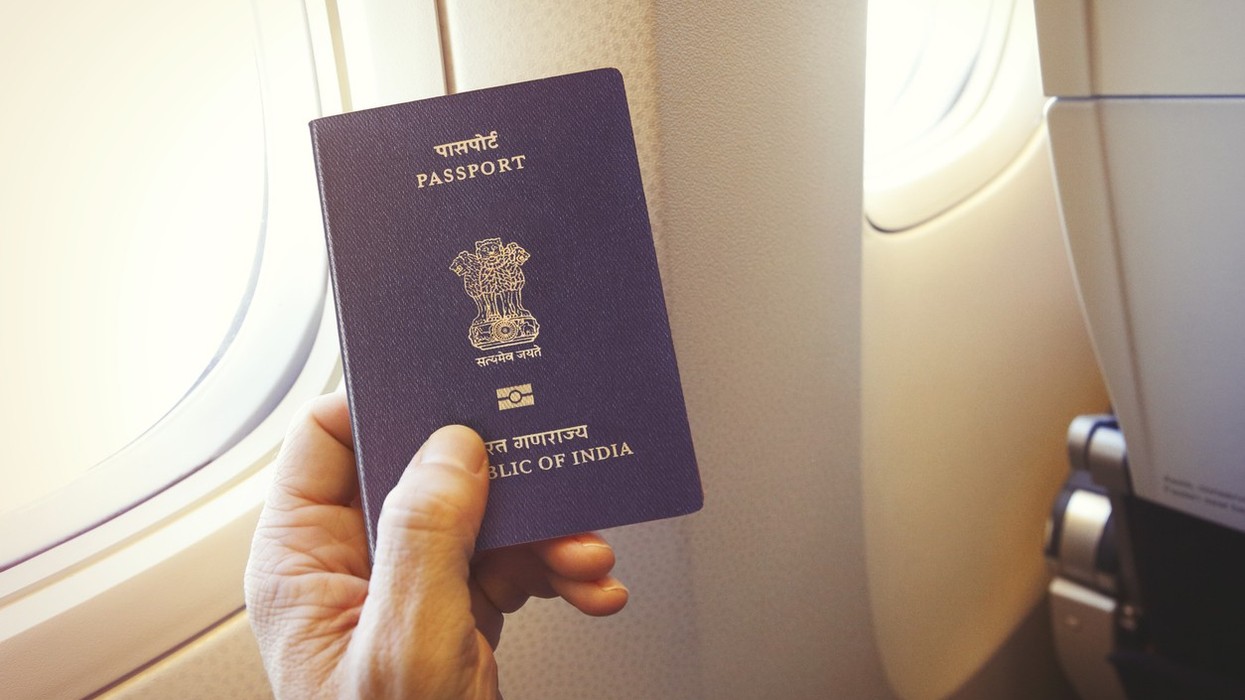
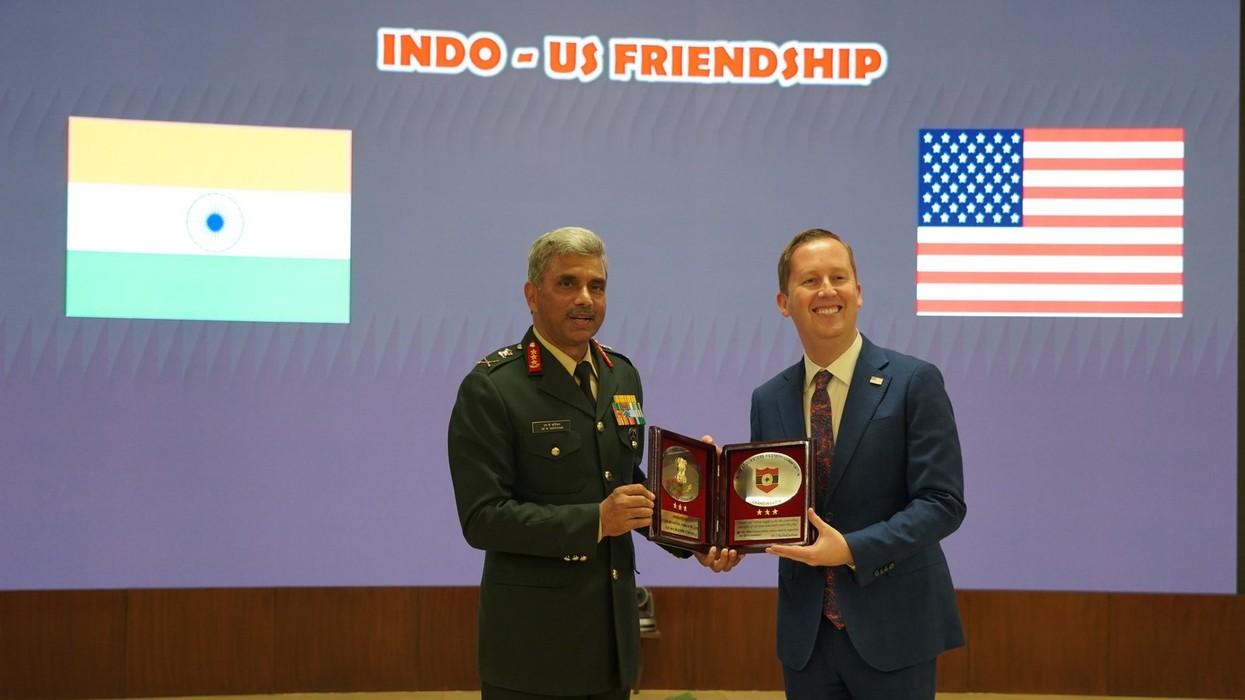
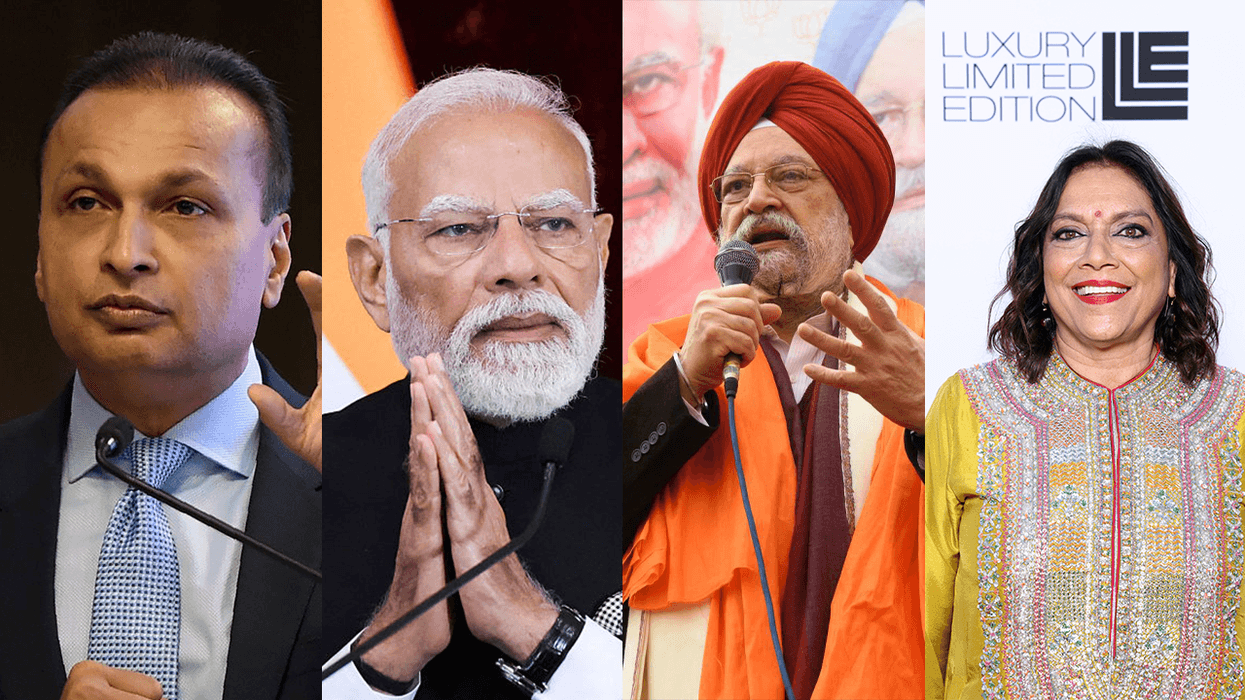
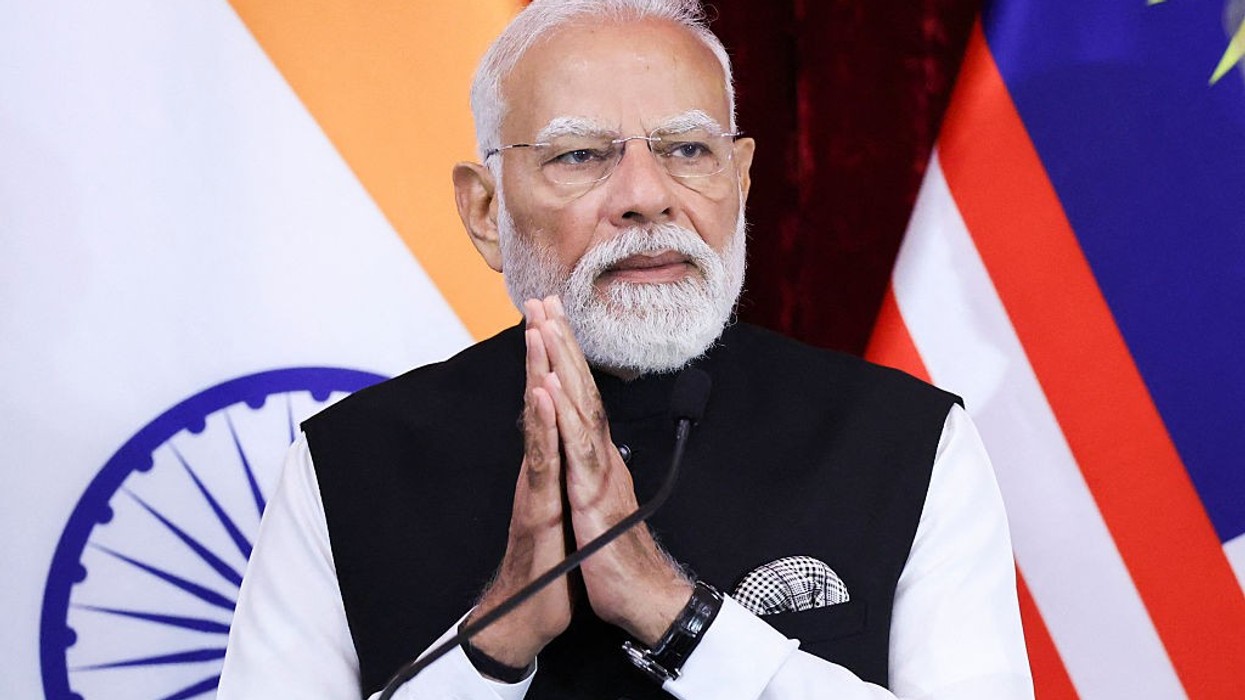 Indian Personalities Referenced in Epstein-Related Court DocumentsGetty Images
Indian Personalities Referenced in Epstein-Related Court DocumentsGetty Images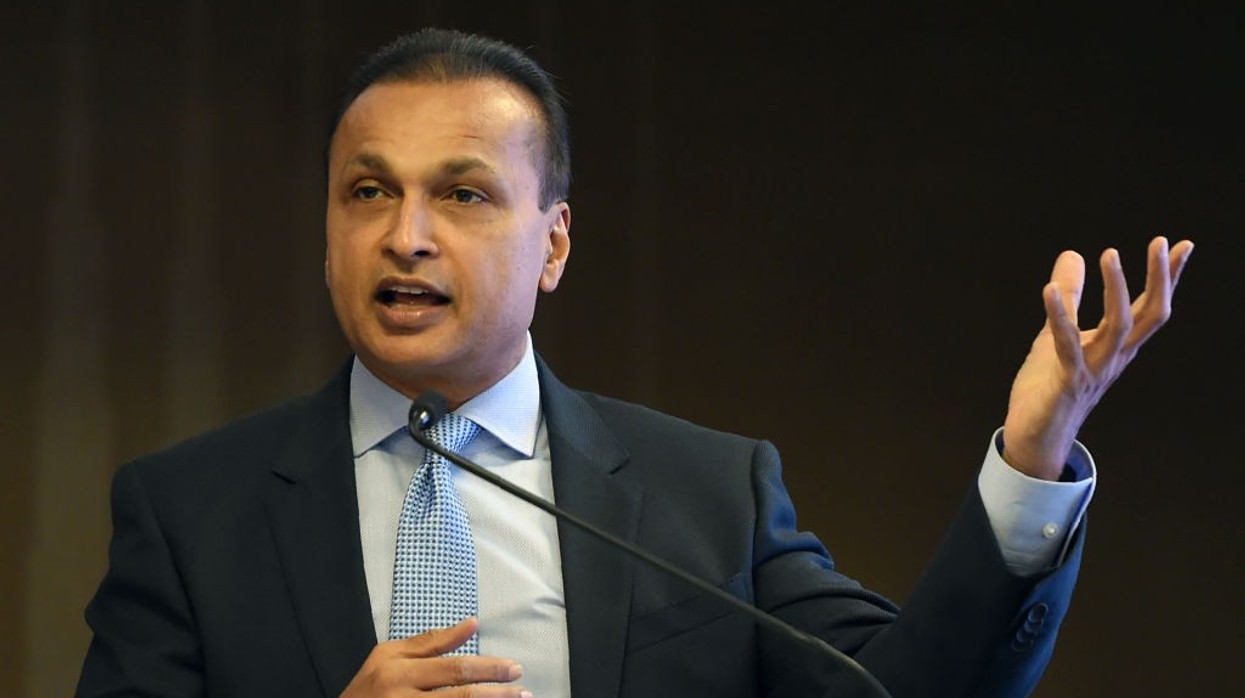 Indian Personalities Referenced in Epstein-Related Court DocumentsGetty Images
Indian Personalities Referenced in Epstein-Related Court DocumentsGetty Images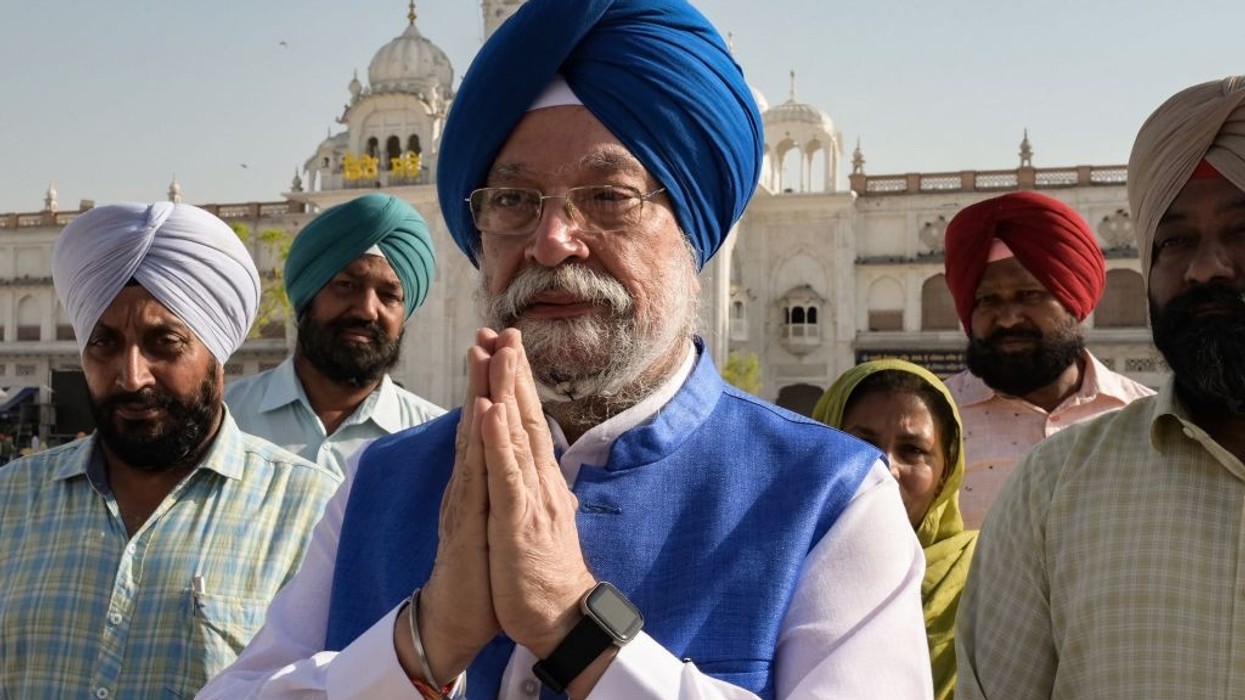 Indian Personalities Referenced in Epstein-Related Court DocumentsGetty Images
Indian Personalities Referenced in Epstein-Related Court DocumentsGetty Images Indian Personalities Referenced in Epstein-Related Court DocumentsInstagram/@
Indian Personalities Referenced in Epstein-Related Court DocumentsInstagram/@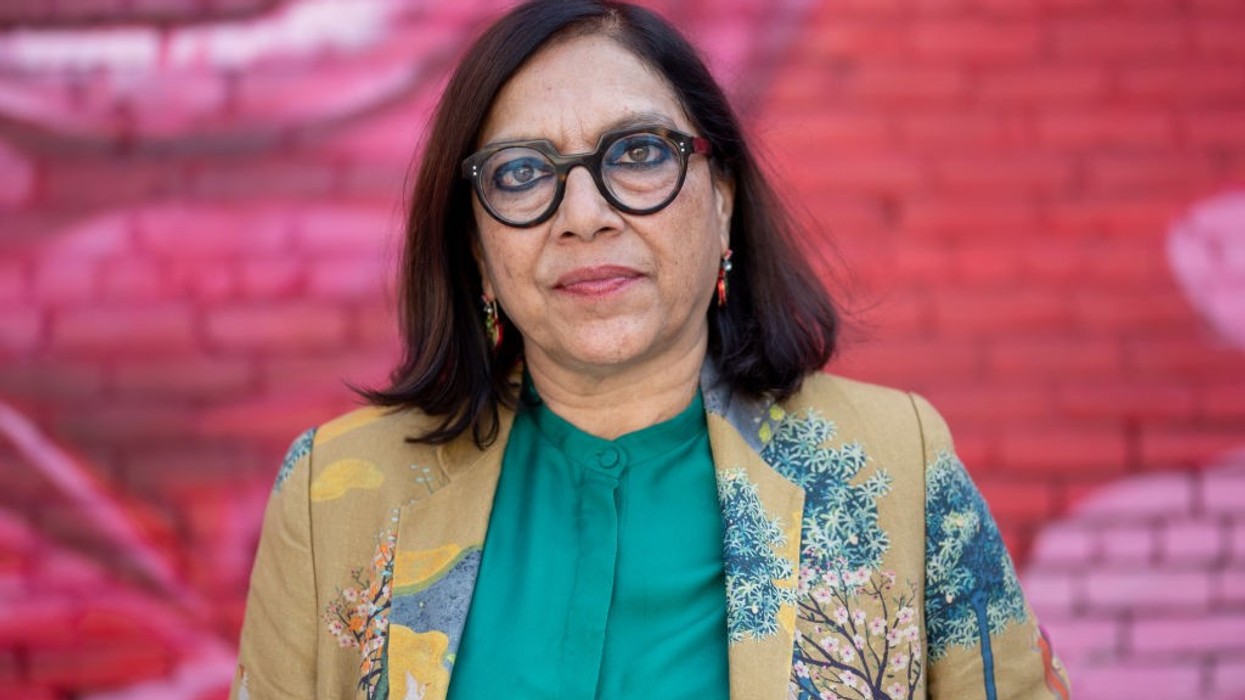 Indian Personalities Referenced in Epstein-Related Court DocumentsGetty Images
Indian Personalities Referenced in Epstein-Related Court DocumentsGetty Images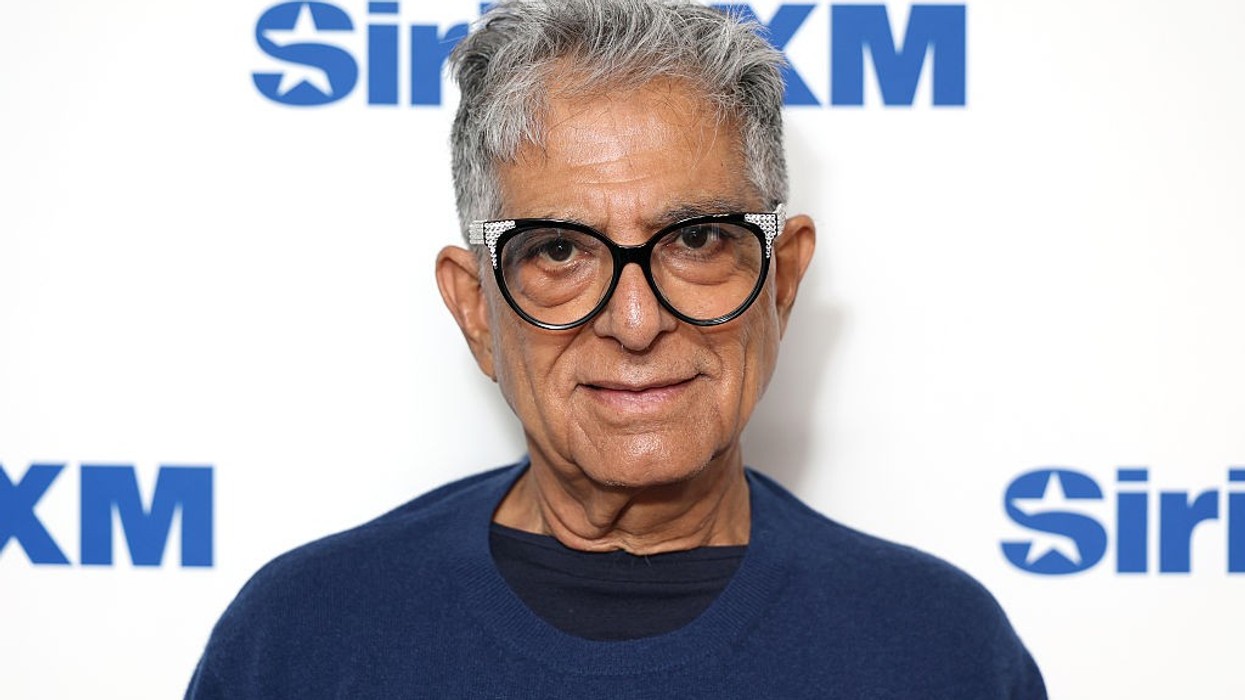 Indian Personalities Referenced in Epstein-Related Court DocumentsGetty Images
Indian Personalities Referenced in Epstein-Related Court DocumentsGetty Images Indian Personalities Referenced in Epstein-Related Court DocumentsGetty Images
Indian Personalities Referenced in Epstein-Related Court DocumentsGetty Images